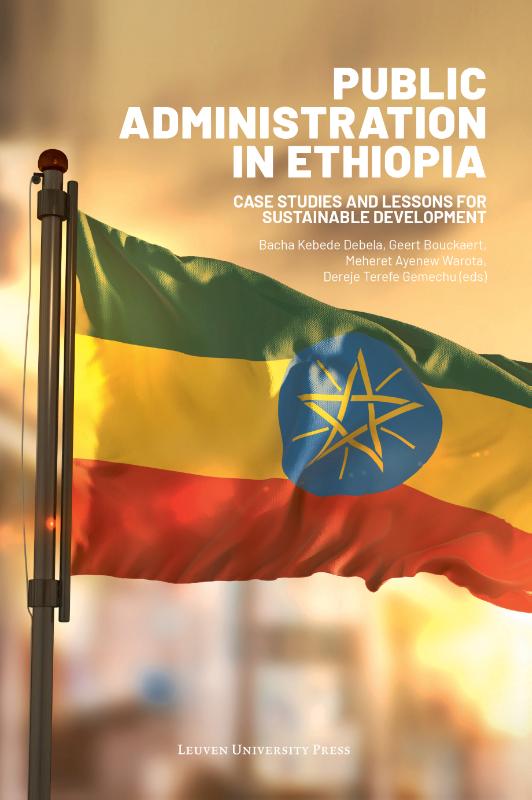Samenvatting
Building an effective, inclusive, and accountable public administration has become a major point of attention for policymakers and academics in Ethiopia who want to realise sustainable development. This first handbook on Ethiopian Public Administration is written by Ethiopian academics and practitioner-academics and builds on PhD studies and conference papers, including studies presented at the meetings of the Ethiopian Public Administration Association (EPAA), established in 2016. Public Administration in Ethiopia presents a wide range of timely issues in four thematic parts: Governance, Human Resources, Performance and Quality, and Governance of Policies. Each of the individual chapters in this volume contributes in a different way to the overarching research questions: How can we describe and explain the contexts, the processes and the results of the post-1990 politico-administrative reforms in Ethiopia? And what are the implications for sustainable development? This book is essential for students, practitioners, and theorists interested in public administration, public policy, and sustainable development. Moreover, the volume is a valuable stepping stone for PA teaching and PA research in Ethiopia.
Building an effective, inclusive, and accountable public administration has become a major point of attention for policymakers and academics in Ethiopia who want to realise sustainable development. This first handbook on Ethiopian Public Administration is written by Ethiopian academics and practitioner-academics and builds on PhD studies and conference papers, including studies presented at the meetings of the Ethiopian Public Administration Association (EPAA), established in 2016. Public Administration in Ethiopia presents a wide range of timely issues in four thematic parts: Governance, Human Resources, Performance and Quality, and Governance of Policies. Each of the individual chapters in this volume contributes in a different way to the overarching research questions: How can we describe and explain the contexts, the processes and the results of the post-1990 politico-administrative reforms in Ethiopia? And what are the implications for sustainable development? This book is essential for students, practitioners, and theorists interested in public administration, public policy, and sustainable development. Moreover, the volume is a valuable stepping stone for PA teaching and PA research in Ethiopia.




